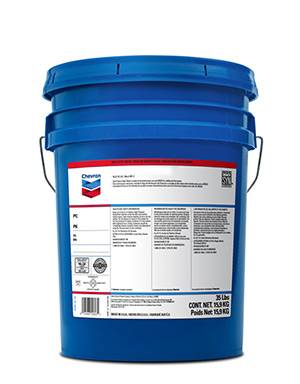Aug . 19, 2024 14:21 Back to list
1 Inch PVC Irrigation Pipe for Efficient Water Management and Drainage Solutions
The Versatility of 1-Inch PVC Irrigation Pipe in Modern Agriculture
Irrigation is a critical component of agriculture, playing a vital role in enhancing crop yield and ensuring food security. Among various methods and materials used for irrigation, the 1-inch PVC (polyvinyl chloride) irrigation pipe has emerged as a popular choice among farmers and agricultural professionals. This article explores the benefits, applications, and importance of 1-inch PVC irrigation pipes in modern cultivation practices.
Affordable and Durable
One of the primary reasons for the widespread use of 1-inch PVC pipes in irrigation systems is their cost-effectiveness. Compared to other materials such as metal, concrete, or high-density polyethylene, PVC pipes are relatively inexpensive while providing excellent durability. PVC is inherently resistant to corrosion, rust, and chemical reactions, allowing it to withstand harsh environmental conditions without significant wear. This durability translates into lower replacement costs and maintenance requirements over time, making it an economical choice for farmers.
Lightweight and Easy to Install
The lightweight nature of PVC pipes simplifies transportation and installation. Farmers can easily handle and transport these pipes to various locations on their farms without the need for heavy machinery. Additionally, the installation process is straightforward, often requiring only basic tools. The simple assembly of PVC pipes means that irrigation systems can be set up quickly, allowing farmers to start their irrigation practices without significant delays. This feature is particularly beneficial during crucial growing seasons when timely irrigation is essential for optimal plant growth.
Versatile Applications
1 inch pvc irrigation pipe

1-inch PVC irrigation pipes are highly versatile and can be used in various irrigation systems, including drip irrigation, sprinkler systems, and surface irrigation. Their compatibility with various fittings and connectors allows for seamless integration into existing irrigation setups or the creation of customized systems tailored to specific agricultural needs. Farmers can easily adjust the layout of their irrigation networks, ensuring that water reaches all areas of their crops efficiently.
Drip irrigation systems, in particular, benefit significantly from the use of 1-inch PVC pipes. These systems deliver water directly to the root zone of plants, minimizing water wastage and promoting efficient water usage. The precise control over water delivery encourages healthier plant growth and can lead to higher yields, making it an ideal choice for water-scarce regions.
Environmental Advantages
Using 1-inch PVC pipes in irrigation systems also has environmental benefits. By optimizing water usage through efficient irrigation methods, farmers can reduce water consumption and contribute to sustainable agricultural practices. Additionally, the durability of PVC reduces the need for frequent replacements, decreasing the environmental impact associated with manufacturing and transporting new pipes.
Moreover, PVC pipes can help prevent soil erosion by controlling the flow of water, which is especially important in areas prone to heavy rainfall. The controlled distribution of water minimizes the risk of runoff and promotes better soil moisture retention, ultimately leading to healthier crops.
Conclusion
In summary, the 1-inch PVC irrigation pipe serves as a fundamental element in modern agriculture, offering a blend of affordability, durability, and versatility. Its lightweight nature, ease of installation, and ability to support various irrigation systems make it an indispensable tool for farmers worldwide. As the agricultural community continues to strive for more sustainable practices, the importance of efficient irrigation systems, facilitated by materials like PVC, cannot be overstated. By adopting such techniques, farmers can ensure that they not only maximize their crop yields but also contribute positively to the environment and the global food supply.
-
High-Quality PPR Pipes and Fittings Durable ERA PPR & PVC PPR Solutions
NewsJul.08,2025
-
Black HDPE Cutting Board - Durable, Non-Porous & Food Safe HDPE Plastic Cutting Board
NewsJul.08,2025
-
High-Quality CPVC Panel Durable HDPE & PVC Panels Supplier
NewsJul.08,2025
-
Double PE Welding Rod Supplier - High Strength, Durable & Versatile Welding Solutions
NewsJul.07,2025
-
High-Quality PVC-O Pipe Supplier Durable 75mm PVC Pipe & Connections Leading PVC Pipe Company
NewsJul.07,2025
-
HDPE Drainage Pipe Supplier – Durable & Corrosion-Resistant Solutions
NewsJul.06,2025

